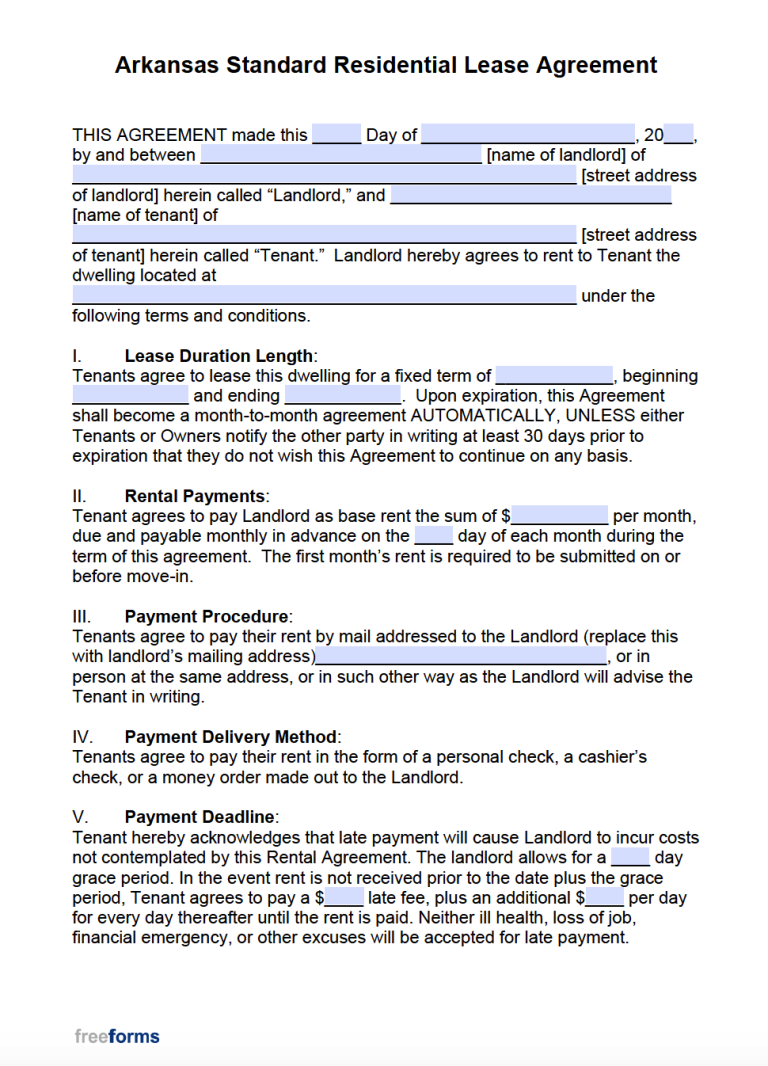Calculating your home equity and understanding how much you can borrow against it is crucial when it comes to leveraging the benefits of homeownership. Whether you’re considering renovating your house, funding your child’s education, or consolidating debts, knowing your home equity and borrowing potential can help you make informed financial decisions. In this section, we will delve into the intricacies of calculating home equity and explore various factors that determine how much you can borrow. By the end, you’ll have a comprehensive understanding of these concepts, empowering you to make Delaware online loans voice economic possibilities.
Home security refers to the portion of your residence you it is own, the difference between their market price and you can any the home loan equilibrium. They represents the new gathered wide range of your property through the years as the you create home loan repayments in addition to property appreciates inside the worth. Eg, if for example the home is cherished at $400,000 while still owe $250,000 on the financial, your home collateral is $150,000 ($eight hundred,000 – $250,000).
The borrowed funds-to-worth ratio try an important factor that lenders thought when choosing just how much you could borrow on your property security. It is determined by isolating the new a fantastic mortgage balance of the appraised worth of your property. By way of example, in case the house is appraised at the $eight hundred,000 and you owe $250,000, the LTV ratio could well be 62.5% ($250,000 / $eight hundred,000). Basically, lenders favor a reduced LTV proportion because stands for reduced exposure for them.
A. credit score: Your credit score plays a significant role in determining the amount you can borrow. A large credit score indicates better creditworthiness, making lenders more willing to offer larger mortgage numbers at favorable interest rates.
B. debt-to-Money proportion (DTI): Loan providers think about your own DTI ratio, and that compares the month-to-month debt obligations to your earnings. A lower DTI proportion reveals better economic stability and you can develops your own credit possible.
C. Mortgage Programs: Some other mortgage apps has actually differing recommendations having borrowing from the bank up against domestic equity

A good. Family Collateral Loan: These loan provides a lump sum payment number considering your house collateral, which you pay over a predetermined term that have a predetermined interest rate. It is suitable for that-go out costs, such as for example house renovations otherwise significant instructions.
B. HELOC: A HELOC, on the other hand, acts as a revolving line of credit that allows you to borrow against your home equity as needed. It works similar to a credit card, where you have a place borrowing limit and can borrow and repay multiple times during the draw period.
A great. Increased Personal debt: Borrowing up against your house guarantee means taking up more debt. Be sure you enjoys an installment bundle in position and prevent overextending on your own financially.
Some programs can get ensure it is higher LTV percentages or offer far more autonomy regarding loan numbers
C. Possible Loss of Household: Defaulting on the household collateral loan or HELOC repayments you’ll result into the foreclosures, potentially causing losing your house. Make sure you are confident in your capability to settle new borrowed count.
Calculating your home equity and determining how much you can borrow against it involves considering various factors such as credit score, LTV ratio, and loan programs. By understanding these concepts and weighing the associated risks, you can make advised behavior regarding leverage your home equity to maximize its masters while you are making sure economic stability. Remember to consult with financial professionals or mortgage lenders to get personalized advice based on your specific circumstances.
Home equity loans can be a valuable financial tool for homeowners looking to leverage the value of their property. They provide an opportunity to access funds based on the equity built up in the home, which can be used for various purposes such as home improvements, debt consolidation, or funding major expenses. However, when it comes to choosing the right particular house guarantee loan, borrowers are often faced with several options, each with its own set of advantages and disadvantages. In this section, we will explore the positives and negatives off about three common types of domestic security loans: HELOCs (Home Equity Lines of Credit), home equity loans, and cash-out refinancing.
